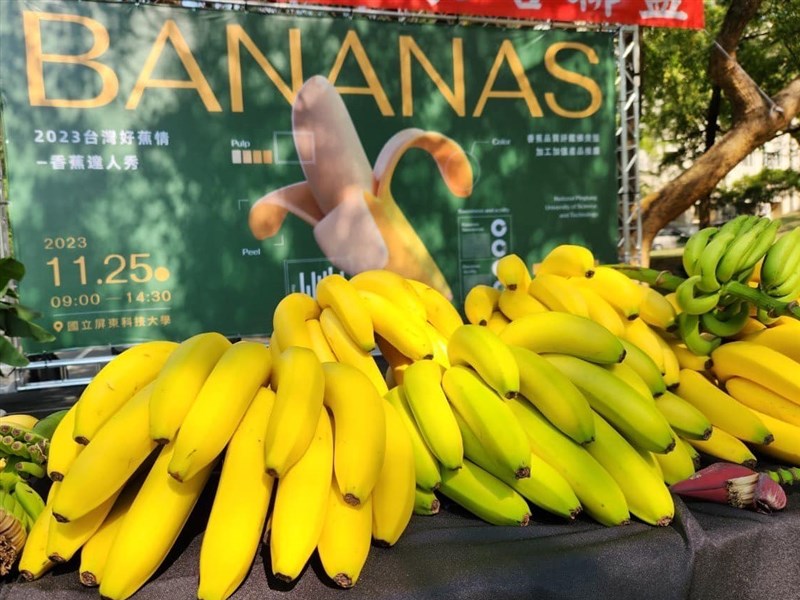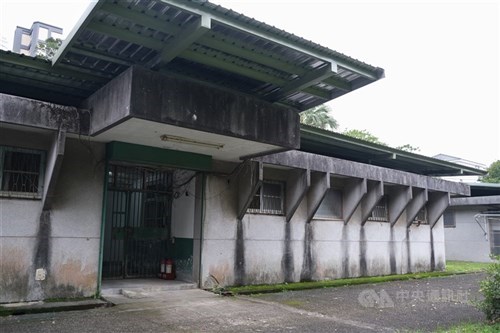FEATURE / Tsai's 8 years in government: Transforming Taiwan amid global challenges
05/14/2024 04:58 PM
In just a few days, President Tsai Ing-wen (蔡英文) will complete her two four-year terms in power and pass the baton to her deputy, Lai Ching-te (賴清德), who is also from the Democratic Progressive Party (DPP) and was victorious in the 2024 presidential election.
(Full text of the story is now in CNA English news archive. To view the full story, you will need to be a subscribed member of the CNA archive. To subscribe, please read here.)
More in FEATURE
-
![Banana threat: Taiwan decodes secret to tackling banana killer TR4]() Banana threat: Taiwan decodes secret to tackling banana killer TR4When the banana-killing Panama disease was detected in September 2025 in Ecuador, the world's largest banana exporter, it sent chills through the global industry.02/20/2026 12:30 PM
Banana threat: Taiwan decodes secret to tackling banana killer TR4When the banana-killing Panama disease was detected in September 2025 in Ecuador, the world's largest banana exporter, it sent chills through the global industry.02/20/2026 12:30 PM -
![Beyond new clothes: Children in need get private LNY shopping session]() Beyond new clothes: Children in need get private LNY shopping sessionOutside the flagship store of Taiwanese apparel brand NET in downtown Taipei, a queue -- made up of children and their parents -- had formed well before regular opening hours, despite the chilly late-January morning.02/14/2026 04:03 PM
Beyond new clothes: Children in need get private LNY shopping sessionOutside the flagship store of Taiwanese apparel brand NET in downtown Taipei, a queue -- made up of children and their parents -- had formed well before regular opening hours, despite the chilly late-January morning.02/14/2026 04:03 PM -
![How a site of White Terror persecution became a human rights venue]() How a site of White Terror persecution became a human rights venueThe transformation of a dark remnant of Taiwan's authoritarian past into a venue for human rights education began in 2009, with the discovery of dozens of formalin jars containing human body parts inside an abandoned building in New Taipei's Xindian district.02/12/2026 08:24 PM
How a site of White Terror persecution became a human rights venueThe transformation of a dark remnant of Taiwan's authoritarian past into a venue for human rights education began in 2009, with the discovery of dozens of formalin jars containing human body parts inside an abandoned building in New Taipei's Xindian district.02/12/2026 08:24 PM
Latest
-
Society
Gynecologist indicted over possession, distribution of child sexual images
02/26/2026 10:23 PM -
Science & Tech
NTUH unveils AI blood model to detect early-stage pancreatic cancer
02/26/2026 10:16 PM -
Sports
Taiwan paddler Lin Yun-ju reaches WTT Singapore Smash quarterfinals
02/26/2026 09:55 PM -
Politics
Chiang Kai-shek bears main responsibility for 228 Incident: Academia head
02/26/2026 09:50 PM -
Society
Taiwan gender pay gap indicates 59 extra workdays for women
02/26/2026 07:58 PM


